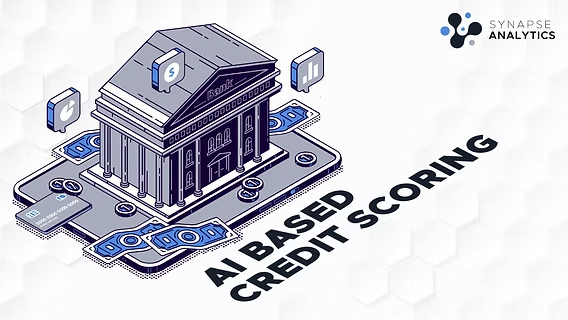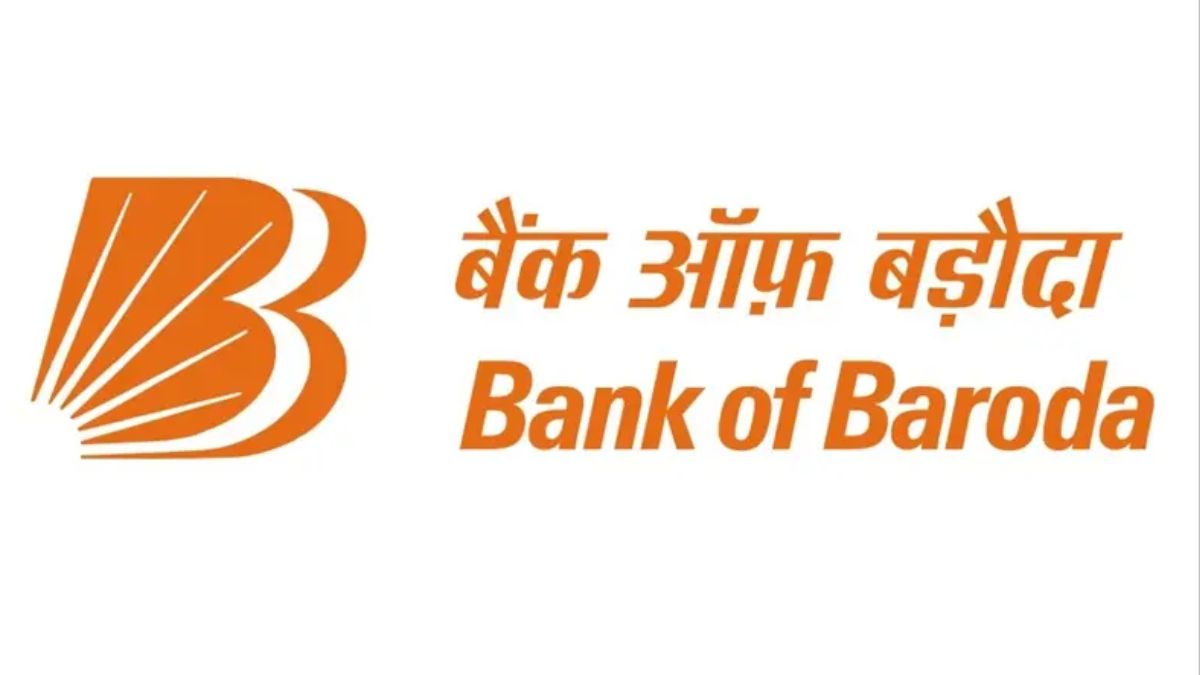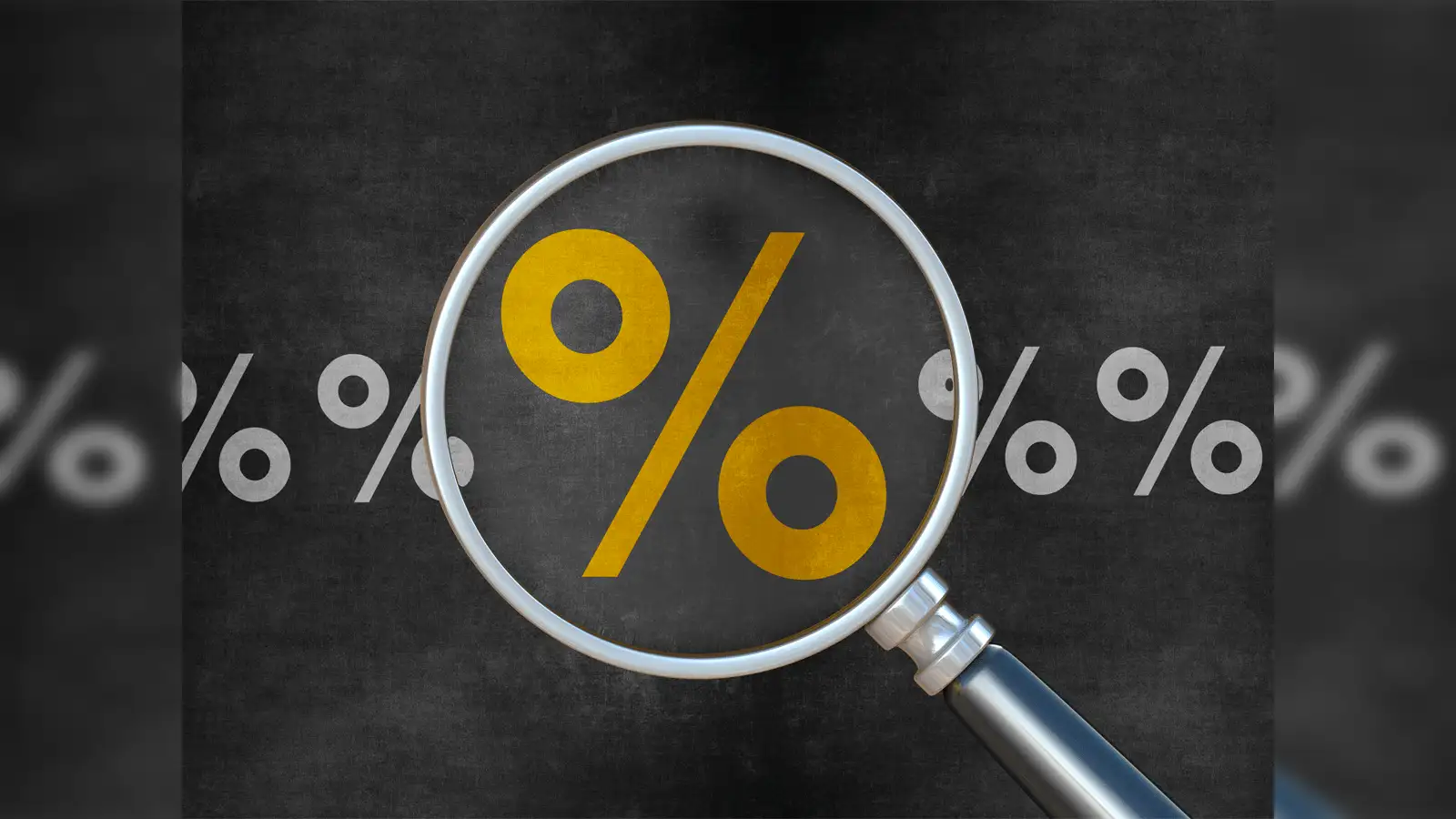Global Expansion Strategies for FinTechs in Emerging Markets: A Playbook for Leaders
2nd August 2025
 QR Codes and the Cashless Leap: Transforming India's Financial DNA
QR Codes and the Cashless Leap: Transforming India's Financial DNA
 The Impact of 5G on Fintech Services
The Impact of 5G on Fintech Services
 Biometric Payments: The Next Big Trend in Secure Transactions
Biometric Payments: The Next Big Trend in Secure Transactions
 How Open Banking is Shaping Financial Services Globally
How Open Banking is Shaping Financial Services Globally
 The Role of Cryptocurrencies in Cross-Border Payments
The Role of Cryptocurrencies in Cross-Border Payments
 The Rise of Contactless Payments: Benefits and Security Concerns
The Rise of Contactless Payments: Benefits and Security Concerns
 Top Fintech Innovations Shaping 2025: The Future of Finance
Top Fintech Innovations Shaping 2025: The Future of Finance
 What the Future Holds for Digital-Only Banks: Navigating the Next Era of Banking
What the Future Holds for Digital-Only Banks: Navigating the Next Era of Banking
 How AI is Transforming the Credit Scoring System
How AI is Transforming the Credit Scoring System
.jpg) The Future of Payments: Trends Reshaping Transactions in 2025
The Future of Payments: Trends Reshaping Transactions in 2025
 The Evolution of Fintech Regulation: What’s Next?
The Evolution of Fintech Regulation: What’s Next?
 Flipkart Gets a Lending Licence: A Bold Leap into Embedded Finance
Flipkart Gets a Lending Licence: A Bold Leap into Embedded Finance


27 May 2025
2 min read
114
Facing intensified competition and tighter pricing regulations, India's leading online payment aggregators are increasingly investing in sophisticated anti-fraud technologies to enhance revenue streams and ensure transaction security.
Traditionally focused on facilitating digital payments for merchants, these aggregators are now developing advanced software platforms aimed at detecting and preventing fraud. By collaborating with banks and fintech companies, they aim to deploy these solutions across the financial ecosystem, addressing the growing need for robust cybersecurity measures.
A significant initiative in this direction is the creation of a centralized "negative database" containing information on fraudulent transactions involving both customers and merchants. This repository, accessible to all licensed payment aggregators, is designed to serve as an early warning system, helping to prevent fraud and reduce risks for merchants and consumers alike.
The Payments Council of India has applied to the Reserve Bank of India to oversee this initiative through a self-regulatory organization (SRO), aiming to foster data sharing among industry members and enhance the overall security of digital payment platforms.
These strategic moves underscore the growing importance of cybersecurity and fraud prevention in sustaining profitability within the digital payments sector, especially as traditional revenue channels become less viable.
Reference: The Economic Times
Read Next
 News
News
 News
News
 Analysis
Analysis
 News
News
 News
News
 News
News
Live Polls
Live Discussion
Topic Suggestion
Whom Do You Wish To Hear
Sector Updates
Leave your opinion / comment here